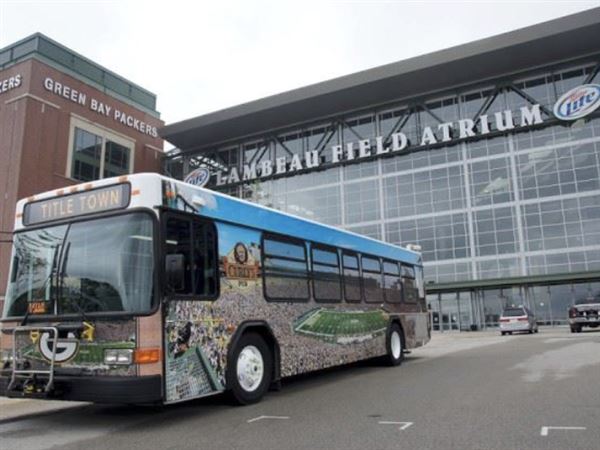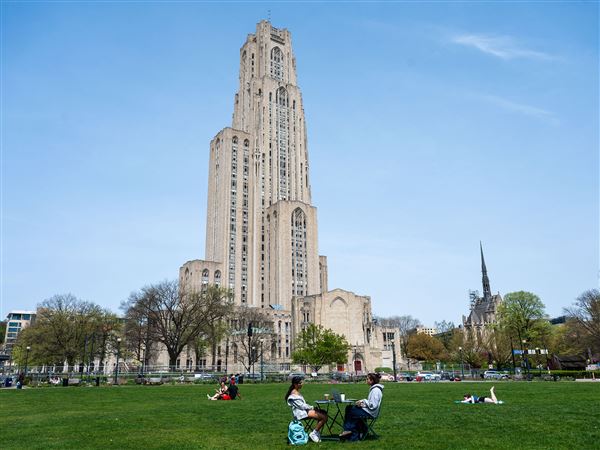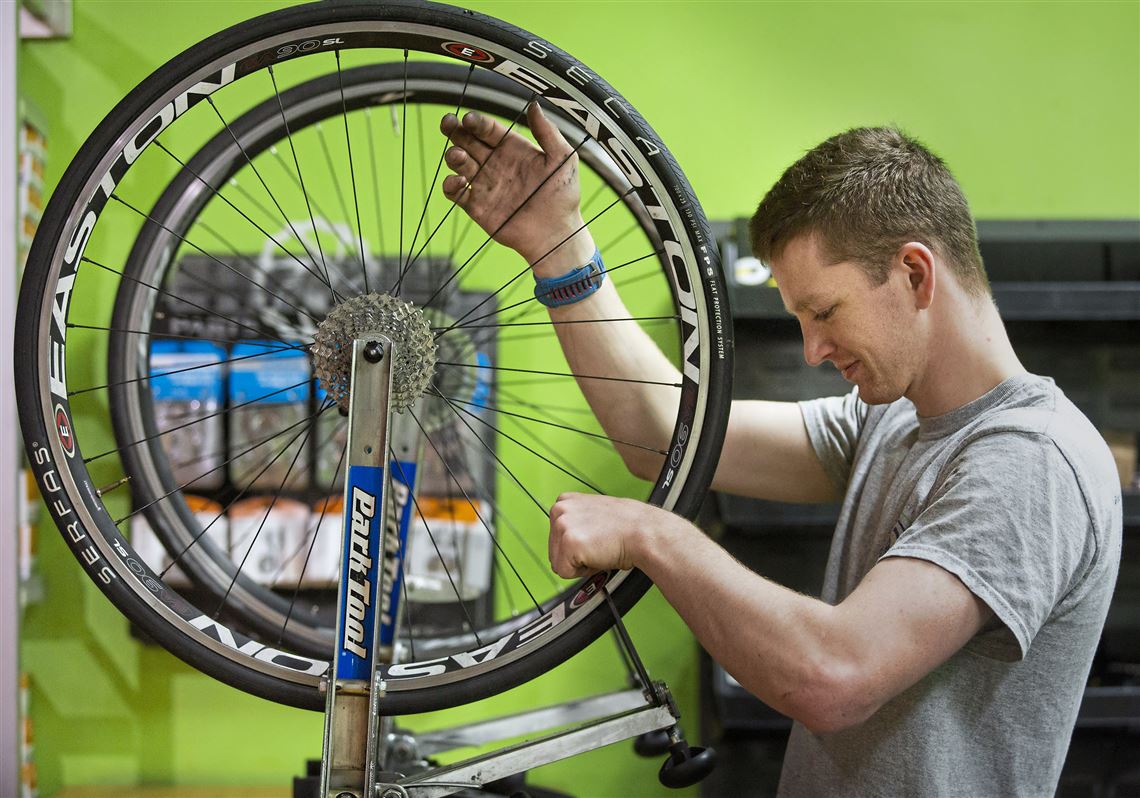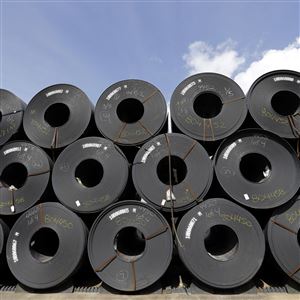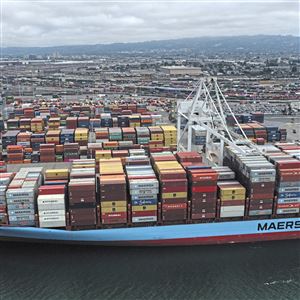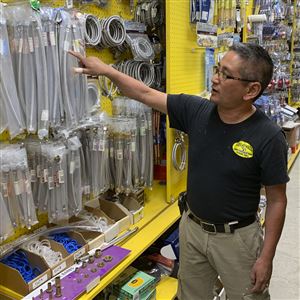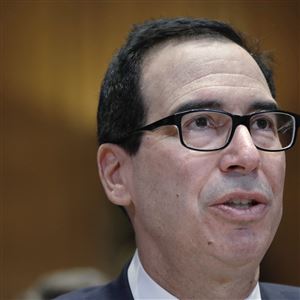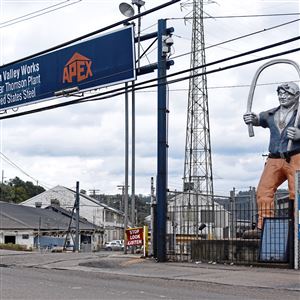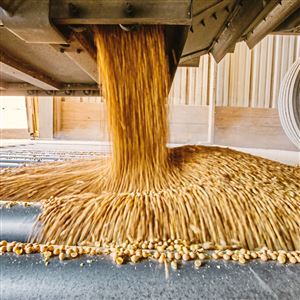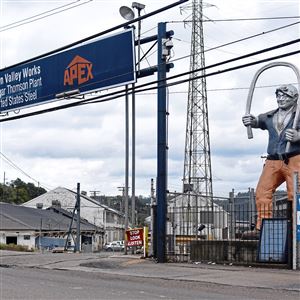Each spring, Frank Bruno normally has about 450 bicycles built and ready to sell at his shop in Squirrel Hill with models starting at about $400 and reaching $3,000 for some e-bikes.
On Tuesday, Mr. Bruno, who has sold bicycles since 1986, said shipments from wholesale companies have never been so thin. He has about 250 bikes to sell and he can’t find any more available in any model worth selling.
“There’s never been a shorter year of inventory because of the fear,” said the owner of Biketek. “I’m looking at my numbers, and I kind of don’t know what to do ... We’re gonna run out of bikes.”
The fear that has reached into Mr. Bruno’s bike shop is just one of the ways the U.S.-China trade war, entering its second year, continues to ripple through the world of commerce and reach into small American businesses.
And with the Trump administration’s abrupt escalation of the dispute this month by raising U.S. tariffs on $200 billion of Chinese imports — including on a wide range of consumer goods such as bicycles and bicycle components — there seems to be no end in sight. The hike in U.S. tariffs to 25% from 10% prompted an announcement Monday of new retaliatory tariffs from China on U.S. exports.
The new round of penalties is scheduled to take effect in a few weeks.
Tariffs have been the weapon of choice for the Trump administration as negotiators try to hammer out a complex trade agreement between the world’s two largest economies.
The battle has had an impact on everyone from farmers to steel manufacturers to retailers. The stock markets have swung back and forth as investors try to determine the potential impact.
For the $6 billion bicycle industry, the battle between giants has caused disruptions to business as usual.
Uncertainty has effectively paralyzed wholesale bicycle companies, which operate on a relatively small margin that makes it difficult to absorb sudden tariffs at the border. About 94% of bicycles sold in the United States are made in China, according to People For Bikes, a trade organization based in Boulder, Colo., that has been vocal in opposing tariffs.
One wholesale company, Mr. Bruno said, scrapped a planned shipment earlier this year to many bike shops to wait for a March 1 deadline set by President Donald Trump. (Negotiations extended beyond that deadline with no new tariffs and with news of progress toward a deal encouraging markets.)
Currently, one wholesaler is planning to ship 2020 models beginning in August, but another is holding off until January. The best bicycle models are sold out for the year at the wholesale level, which has rarely happened, Mr. Bruno said.
Meanwhile, bicycle prices have inched up about 5% over the last year. That hasn’t been enough to hurt sales, Mr. Bruno said, but the higher tariff could begin to affect consumers looking for a lower-end model.
“Where it’s gonna hurt is price point,” he said. “The cheapest bike we sold last year was $350 to $369,” he said. “Now, it’s $409 to $450. And if prices go up again, it’s gonna be $450 to $500.”
“And a lot of people want a $400 bike,” he said.
The long list of items subject to higher U.S. import tariffs include housewares, technology, sporting goods and basic essentials: everything from pens, flashlights and greeting cards to smartphones, TVs and microwaves to sweaters, sunglasses and hair dryers.
President Donald Trump has repeated a false claim that the increased import tariffs would be paid by China directly to the U.S. Treasury Department. Tariffs are paid by the party bringing goods into the country and are usually passed on to American consumers in the form of higher prices.
Given the broad range of goods affected, the chorus of opposition from the retail industry has reached a fever pitch.
“Tariffs are taxes paid by American businesses and consumers, not by China,” said David French, senior vice president for government relations for the National Retail Federation, in a statement urging the Trump administration to back off the higher tariffs.
“American consumers will face higher prices, and U.S. jobs will be lost,” Mr. French said. “We want to see meaningful changes in China’s trade practices, but it makes no sense to punish Americans as a negotiating tactic.”
A report from the Trade Partnership, an organization advocating for free trade, found that tariff hikes, coupled with the retaliation from China, would reduce U.S. employment by over 934,000 jobs, cost the average family of four $767 and reduce U.S. GDP by 0.37% over the next year.
Last fall, Pittsburgh supply chains began to feel the pressure.
Higher prices filtered down in the form of nails sold to construction companies; water pumps sold to pharmaceutical companies; and components for buses operated by the Port Authority of Allegheny County.
Tens of thousands of companies across the country, including several Pittsburgh-area firms, have asked the U.S. Department of Commerce for exemptions from the tariffs, arguing that the U.S. producers churn out insufficient supplies.
“I think this is going to be disaster for our economy and the Chinese,” said Lizbeth Levinson, a Washington, D.C.-based international trade lawyer with Fox Rothschild LLP that has represented about 20 firms in the exclusion process.
China’s retaliatory tariffs have hit soybean farmers especially hard.
Soybeans, the most valuable U.S. export to China, were essentially priced out of the Chinese market when the 25% tariff was imposed in July 2018, said Joel B. Rotz, manager of government affairs and communications for the Pennsylvania Farm Bureau.
On Monday, soybean prices dipped below $8 a bushel for the first time since 2008, down about 25% from one year ago and more than 50% since 2012. Soybean farmers generally need about $9 a bushel to break even, Mr. Rotz said, a damper on an already rainy season that has delayed many planting schedules.
The trade dispute “continues to punch them in the gut when they can’t even get their breath with everything else going on,” Mr. Rotz said.
Last year, the Trump administration provided $12 billion in aid to farmers harmed by the trade war. On Monday, the administration said it would offer another $15 billion.
Unlike farmers, bicycle manufacturers are a little more nimble in shifting production.
Rob Riddell, owner of West Liberty Cycles in Brookline, said his shop’s two primary manufacturers, Giant Bicycles and Jamis Bicycles, have factories in Taiwan, which produces a higher-end model of bicycle. “Some products were a little late and a little slow” during that transition, he said, but he encountered no other major problems.
Mr. Bruno of Biketek said he has watched bicycle manufacturing head from the U.S. to Japan, then on to Taiwan and mainland China.
With all those global supply changes, the industry has never had such a problem adjusting to global trade winds.
“I can’t get that bike,” he said, pointing at a popular model of multisurface bike — essentially a road bike that can be taken off pavement, sought by people who would prefer cycling off busy streets. “That’s the last one in the country.”
Daniel Moore: dmoore@post-gazette.com, 412-263-2743 and Twitter @PGdanielmoore.
First Published: May 15, 2019, 11:00 a.m.
Updated: May 15, 2019, 11:01 a.m.


